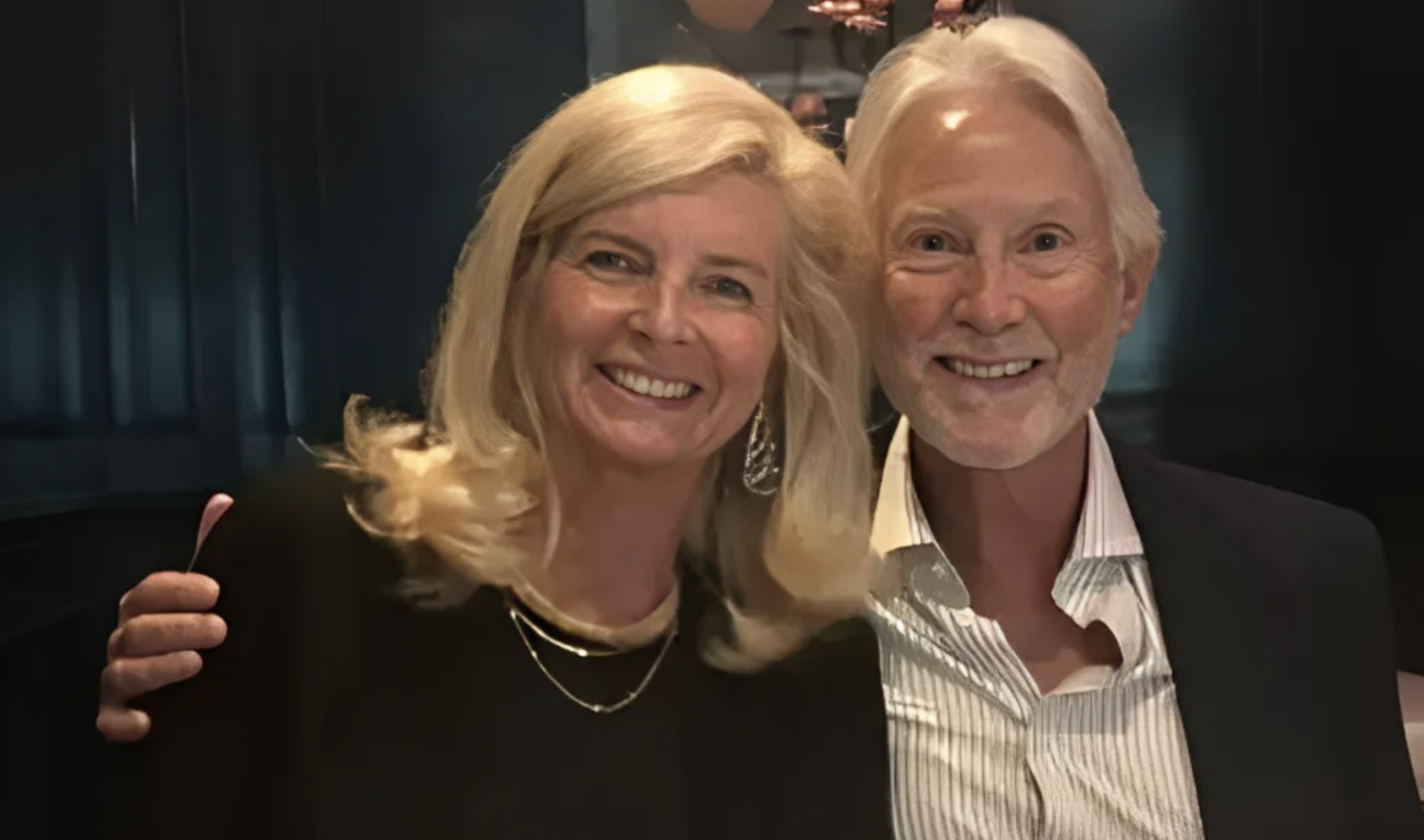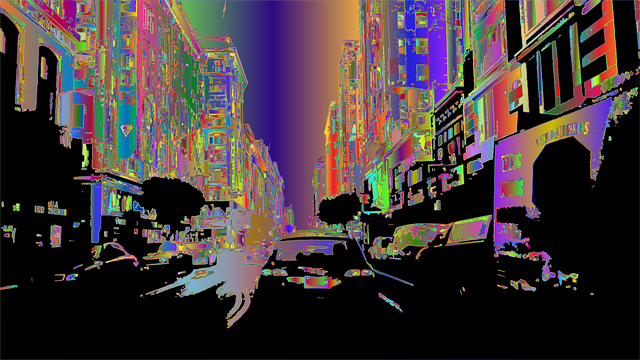Introduction Worthless Reincarnation
Worthless Reincarnation is a concept that has been around for centuries, and it is still widely believed in many cultures and religions. The idea that we are reborn after death and that our actions in this life determine our fate in the next is a comforting thought for some, but it is also a flawed and limiting belief. In this article, we will explore the concept of reincarnation, its history, and the problems associated with it. We will also discuss the benefits of moving on from this belief and provide practical tips for doing so.
What is Worthless Reincarnation?
Worthless Reincarnation is the belief that after we die, our soul or spirit is reborn into another body. The basic principle of reincarnation is that we are all on a journey of spiritual evolution, and each lifetime presents us with opportunities to learn and grow. The idea of reincarnation can be found in many cultures and religions, including Hinduism, Buddhism, Jainism, Sikhism, and some Native American traditions.
In Hinduism, reincarnation is known as samsara, and it is believed that our actions in this life determine our fate in the next. The ultimate goal is to break free from the cycle of birth and death and achieve moksha or liberation from the material world. In Buddhism, reincarnation is known as rebirth, and it is believed that our actions create karma, which determines our future rebirths. The goal is to achieve enlightenment or nirvana and break free from the cycle of suffering.
The History of Worthless Reincarnation
The concept of Worthless Reincarnation can be traced back to ancient civilizations such as Egypt, Greece, and India. In Egypt, it was believed that the soul would journey through different realms after death before being reborn into a new body. In Greece, the philosopher Pythagoras believed in metempsychosis or transmigration of souls.
The idea of Worthless Reincarnation has evolved over time and has been interpreted in different ways by different cultures. In Hinduism, for example, the caste system is based on the belief in reincarnation, with each caste being determined by one’s actions in past lives. In Buddhism, the concept of rebirth is seen as a continuation of consciousness rather than a soul or spirit being reborn.
The Problems with Worthless Reincarnation
While the idea of Worthless Reincarnation may be comforting to some, it is also a flawed and limiting belief. One of the main problems with reincarnation is that it is based on the idea of karma, which can lead to victim-blaming and a lack of empathy for those who are suffering. The caste system in Hinduism is a prime example of this, as it perpetuates social inequality and discrimination based on past actions.
Another problem with Worthless Reincarnation is that it can lead to a focus on the afterlife rather than living in the present. If we believe that our actions in this life determine our fate in the next, we may become obsessed with accumulating good karma rather than focusing on personal growth and making a positive impact in the world.
The Benefits of Moving On
Letting go of the belief in Worthless Reincarnation can be liberating and empowering. It allows us to focus on living in the present and making the most of our time here on earth. We can let go of the idea that our fate is predetermined by past actions and instead focus on creating a better future for ourselves and others.
Moving on from the belief in Worthless Reincarnation also allows us to let go of limiting beliefs and embrace new perspectives. We can explore different spiritual traditions and find what resonates with us rather than being bound by cultural or religious dogma.
The Benefits of Letting Go
Letting go of limiting beliefs such as Worthless Reincarnation can have a positive impact on our mental health and well-being. It allows us to live with more freedom and authenticity, rather than being bound by fear or guilt. We can also experience a sense of empowerment as we take responsibility for our own lives and create our own destiny.
Letting go of the belief in Worthless Reincarnation can also help us to overcome feelings of hopelessness or despair. If we believe that our fate is predetermined by past actions, we may feel powerless to change our circumstances. But if we let go of this belief, we can focus on taking action and creating positive change in our lives and in the world.
How to Move On
Moving on from the belief in worthless reincarnation is a personal journey that will look different for everyone. Some practical tips for letting go of this belief include:
– Exploring different spiritual traditions and finding what resonates with you
– Focusing on personal growth and making a positive impact in the world
– Practicing mindfulness and living in the present moment
– Letting go of guilt or fear associated with past actions
– Seeking support from friends, family, or a therapist
Conclusion: Why It’s Time to Move On
In conclusion, while the concept of Worthless Reincarnation may be comforting to some, it is also a flawed and limiting belief. Letting go of this belief can be liberating and empowering, allowing us to focus on living in the present and creating a better future for ourselves and others. By embracing new perspectives and letting go of limiting beliefs, we can experience greater freedom, authenticity, and well-being. It’s time to move on from the idea of reincarnation and embrace a new way of living.










